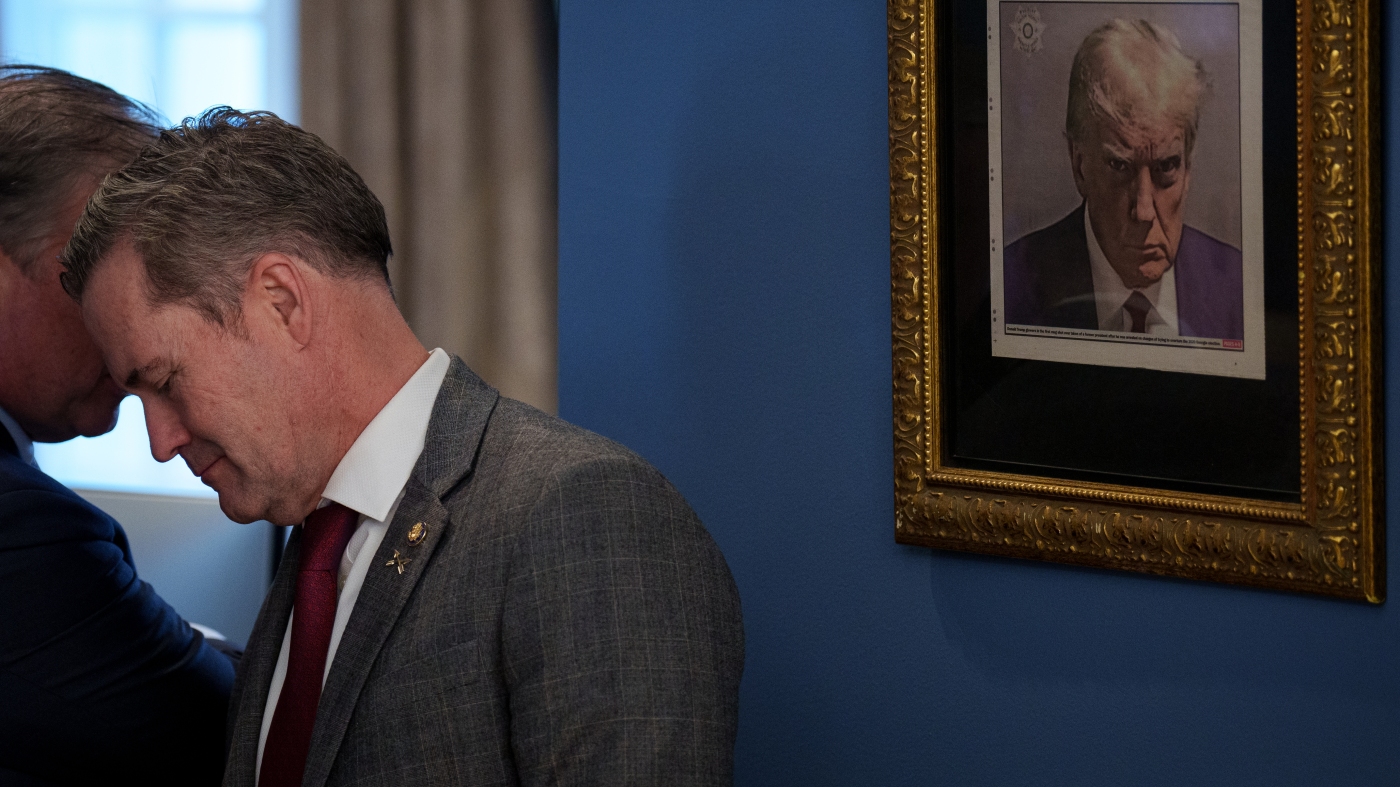Waltz’s Departure: A Strategic Pivot in Trump’s National Security Team
The political arena is a dynamic stage, and the recent announcement of Michael Waltz’s departure as National Security Adviser under President Donald Trump has set the scene for a significant act in the administration’s second term. This move, accompanied by the appointment of Marco Rubio as interim National Security Adviser, indicates a strategic realignment within the White House. Let’s explore the reasons behind Waltz’s departure, the implications of this shift, and the future direction of the national security apparatus under Trump’s leadership.
The Context Surrounding Waltz’s Exit
A Fleeting Tenure
Michael Waltz’s time as National Security Adviser was remarkably brief. Just weeks into his role, the announcement of his departure sent ripples through the political sphere. This short stint echoes the tumultuous tenure of Michael Flynn, Trump’s first national security adviser, who also faced controversy and a swift exit. The brevity of Waltz’s tenure invites scrutiny into the stability and consistency within the national security team.
The Signal Chat Scandal
The catalyst for Waltz’s departure was the disclosure that he had included a journalist in a Signal chat used to discuss military strategies. This incident ignited a firestorm of criticism and calls for his removal from Trump’s inner circle. The controversy underscored grave concerns about security protocols and the mishandling of sensitive information, both of which are paramount in the role of a National Security Adviser.
The Ramifications of Waltz’s Departure
Leadership Transition
Waltz’s exit mandates a leadership transition within the national security team. Marco Rubio, stepping in as interim National Security Adviser, brings a unique blend of experiences and viewpoints to the table. Rubio’s concurrent role as Secretary of State adds layers of complexity, as he will need to juggle the demands of both positions adeptly.
Policy Shifts on the Horizon
The change in leadership could steer the course of national security policies. Rubio’s background and political inclinations might lead to strategic shifts and new focus areas. It will be telling to observe how these changes translate into the administration’s approach to global security challenges and domestic security measures.
The Road Ahead for the National Security Team
Marco Rubio’s Dual Role
Marco Rubio’s appointment as interim National Security Adviser is a calculated move that capitalizes on his existing role as Secretary of State. This dual responsibility could bolster coordination between the State Department and the National Security Council, potentially resulting in more unified and coherent foreign policy initiatives. However, the challenge lies in managing the increased workload and ensuring that neither role is diluted.
The Quest for a Permanent Replacement
The interim nature of Rubio’s appointment hints at the possibility of a permanent replacement for Waltz in the pipeline. The administration will need to meticulously evaluate candidates who can offer stability and continuity amidst persistent global security threats. The selection process will be instrumental in charting the future course of the national security apparatus.
Potential Candidates
Several names have surfaced as potential permanent replacements for Waltz. Each candidate brings a unique set of skills and experiences to the table. For instance, some candidates have extensive military backgrounds, while others have deep roots in intelligence agencies. The ideal candidate would likely possess a blend of these qualities, along with a proven track record in national security and the ability to navigate the political landscape.
The Importance of Stability
In an era marked by geopolitical tensions and domestic challenges, stability within the national security team is paramount. A permanent appointment that can provide continuity and a steady hand at the helm will be crucial in addressing the myriad of security threats facing the nation. The administration must prioritize this aspect in their selection process to ensure effective governance and security.
The Broader Implications
Domestic Perceptions
The departure of Waltz and the appointment of Rubio will undoubtedly shape domestic perceptions of the administration’s handling of national security. Critics may view this as another instance of turmoil within the White House, while supporters might see it as a strategic realignment. The administration will need to communicate its vision clearly to manage these perceptions and maintain public trust.
International Reactions
On the global stage, allies and adversaries alike will be watching closely. The change in leadership could influence international relations and security partnerships. The administration must ensure that these transitions do not undermine existing alliances or embolden potential threats. Effective diplomacy and clear communication will be key in navigating these waters.
A New Chapter in National Security
The departure of Michael Waltz and the appointment of Marco Rubio as interim National Security Adviser herald a significant chapter in Trump’s second term. This transition, driven by controversy and strategic realignment, sets the stage for potential policy shifts and leadership dynamics. As the administration steers through these changes, the focus will be on ensuring stability, security, and effective governance in the face of evolving global challenges. The coming months will be crucial in shaping the future of the national security team and its impact on both domestic and international affairs. The world watches, and the administration’s next moves will be pivotal in defining its legacy in the realm of national security.







